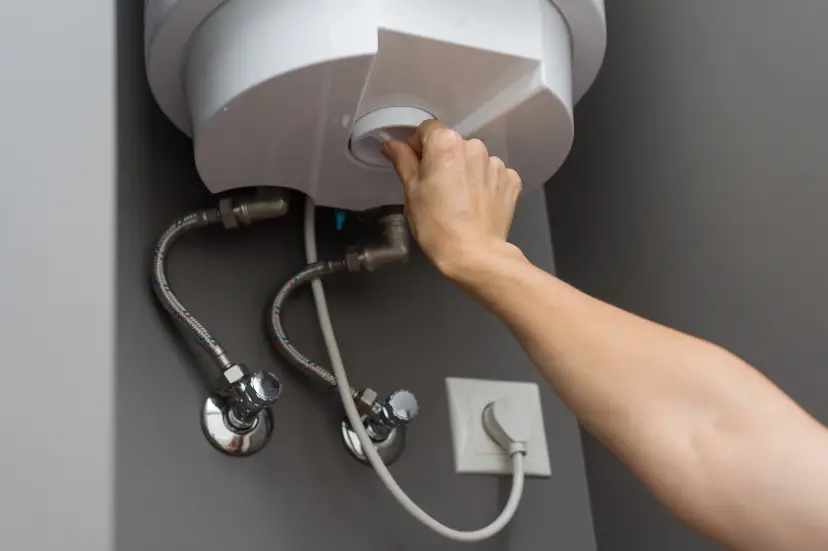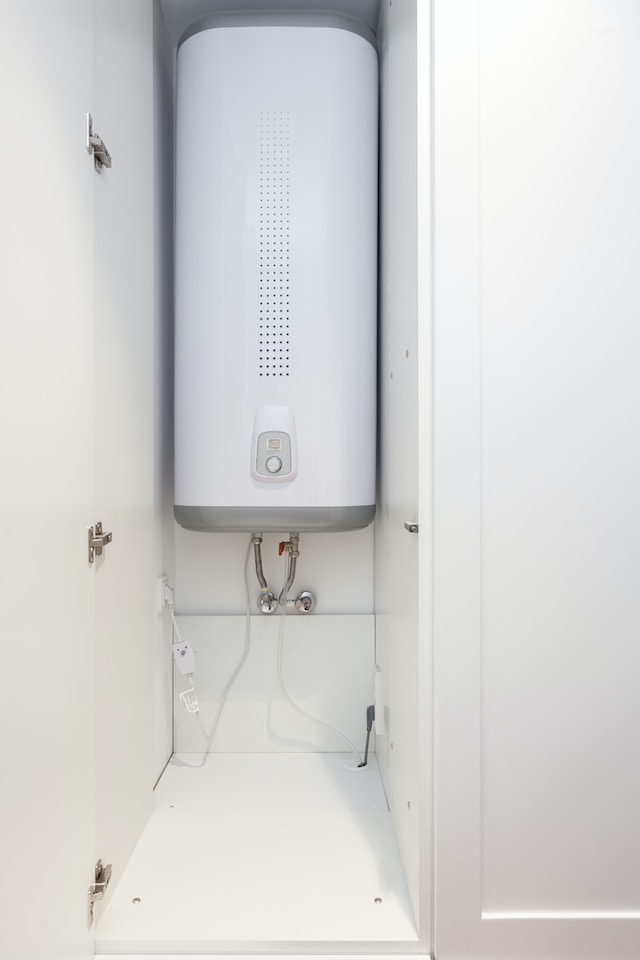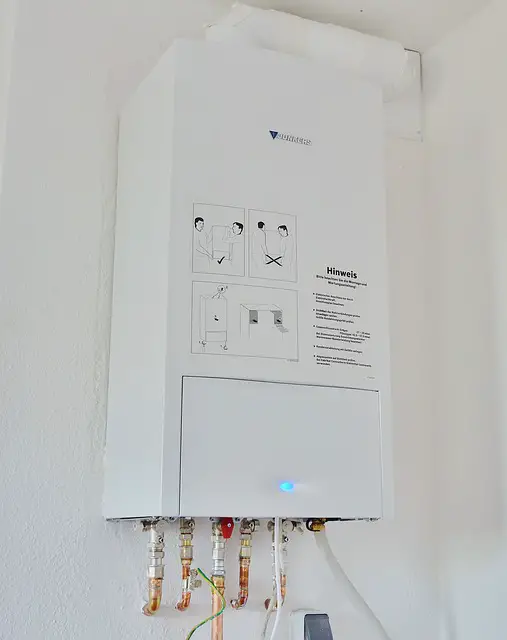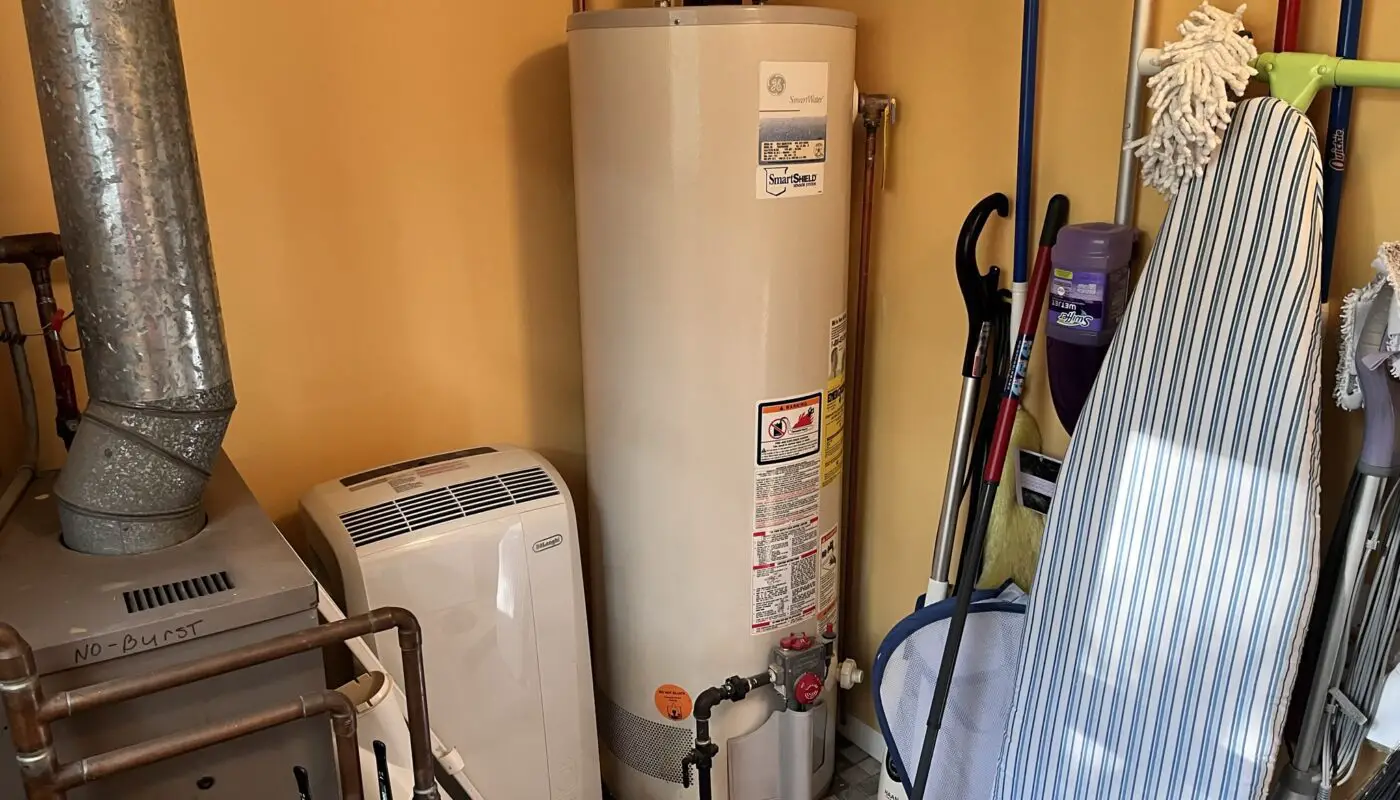When it comes to daily comfort and hygiene, the humble water heater’s quiet rumble is a fundamental backdrop. From invigorating morning showers to efficient dish cleaning, hot water is an indispensable element in our routines. In this scenario, choosing water heater capacity that suits your individual or family needs becomes paramount. Making the right choice ensures hot water availability when you need it the most, without any energy wastage or inefficiencies.
Table of Contents
Fundamentals of Water Heaters

Explanation of How Water Heaters Work
Water heaters E-Ferroli https://e-ferroli.fi/vedenlaemmittimet/ operate on a simple premise: they take in cold water, heat it using an energy source—either gas or electricity—and store it for use. When you turn on a hot water tap, heated water from the tank is released, and the tank refills with cold water to be heated for future use.
Differences Between Tankless and Tank-based Water Heaters
Tank-based water heaters store and heat water in a large tank, making hot water available when needed. In contrast, tankless or demand-type water heaters do not store water. Instead, they heat water directly as it flows through the device, providing hot water only as needed.
Importance of Choosing Water Heater Capacity For Your Home
Capacity refers to the volume of water that a heater can supply. For tank-based heaters, it signifies the amount of hot water the tank can hold. For tankless heaters, it denotes the flow rate or the amount of water that can be heated per minute. Choosing the right capacity is crucial to ensure a steady hot water supply without overburdening energy consumption.
Determining Your Hot Water Needs

Average Hot Water Usage in Households
Typically, each person in a household uses 20 to 30 gallons of hot water daily. However, this figure can vary significantly based on lifestyle and individual requirements.
Factors Affecting Water Usage:
- Number of Family Members. The number of people in the household is the prime determinant of hot water usage. More members entail higher consumption.
- Peak Usage Times. Additionally, peak usage times, typically mornings and evenings, can strain the hot water supply.
- Appliances Using Hot Water. The number of appliances relying on hot water—dishwashers, washing machines, etc.—also contributes to overall usage.
Estimating Your Home’s Total Hot Water Demand
For success in choosing water heater capacity, you must estimate your home’s hot water demand. Calculate the peak hour demand—the maximum amount of hot water required during the busiest hour of the day. Tally the water usage of all activities that could occur simultaneously during this peak hour. You can do this if your utility water supply has a usage meter.
How to Choose the Right Capacity

Guidelines for Tank-based Water Heaters: Matching Tank Size to Household Demand
For tank-based water heaters, the capacity should ideally match the peak hour demand. A small household of 1-2 people may suffice with a 30-gallon tank, while larger households may require a tank of 50 gallons or more.
Considerations for Tankless Water Heaters: Flow Rate, Simultaneous Usage
With tankless heaters, consider the flow rate and simultaneous usage. Ensure the heater can meet the demand of all potential concurrent uses—shower, dishwasher, washing machine, etc. The capacity, therefore, should match the cumulative flow rates of these devices.
The Role of Energy Efficiency Ratings in Your Decision
Energy efficiency ratings—like Energy Factor (EF) or Uniform Energy Factor (UEF)—reflect how effectively a heater uses energy. Higher ratings indicate better efficiency. Though not directly linked to capacity, these ratings help strike a balance between hot water needs and energy consumption.
Maintenance and Longevity of Your Water Heater
How Capacity Affects the Lifespan of a Water Heater
The capacity and lifespan of a water heater are intrinsically linked. An undersized unit will work overtime to meet demand, reducing its longevity. Conversely, an oversized unit may lead to energy wastage and unnecessary wear and tear.
Maintenance Tips to Extend the Water Heater’s Lifespan
Regular maintenance can prolong the heater’s lifespan. This includes annual draining to remove sediment, routine pressure relief valve checks, and periodic inspection of the anode rod.
Warning Signs of Capacity-related Issues in Water Heaters
Signs of capacity-related problems include inadequate hot water supply, frequent system breakdowns, and skyrocketing energy bills. If these signs persist, it might be time to reassess your water heater’s capacity.
Final Thoughts on Choosing Water Heater Capacity
Determining the right capacity for a water heater is paramount for both convenience and efficiency. Understanding how water heaters work, gauging your hot water needs, and weighing the pros and cons of different capacities can guide you toward the optimal choice. Remember, a well-chosen water heater caters to your hot water needs and promotes energy conservation, ultimately contributing to a sustainable lifestyle.
Related Reading
7 Ways to Save Money When Operating Your Swimming Pool
5 Ways to Keep Your Home Cozy and Save Money on Heating All Winter Long



